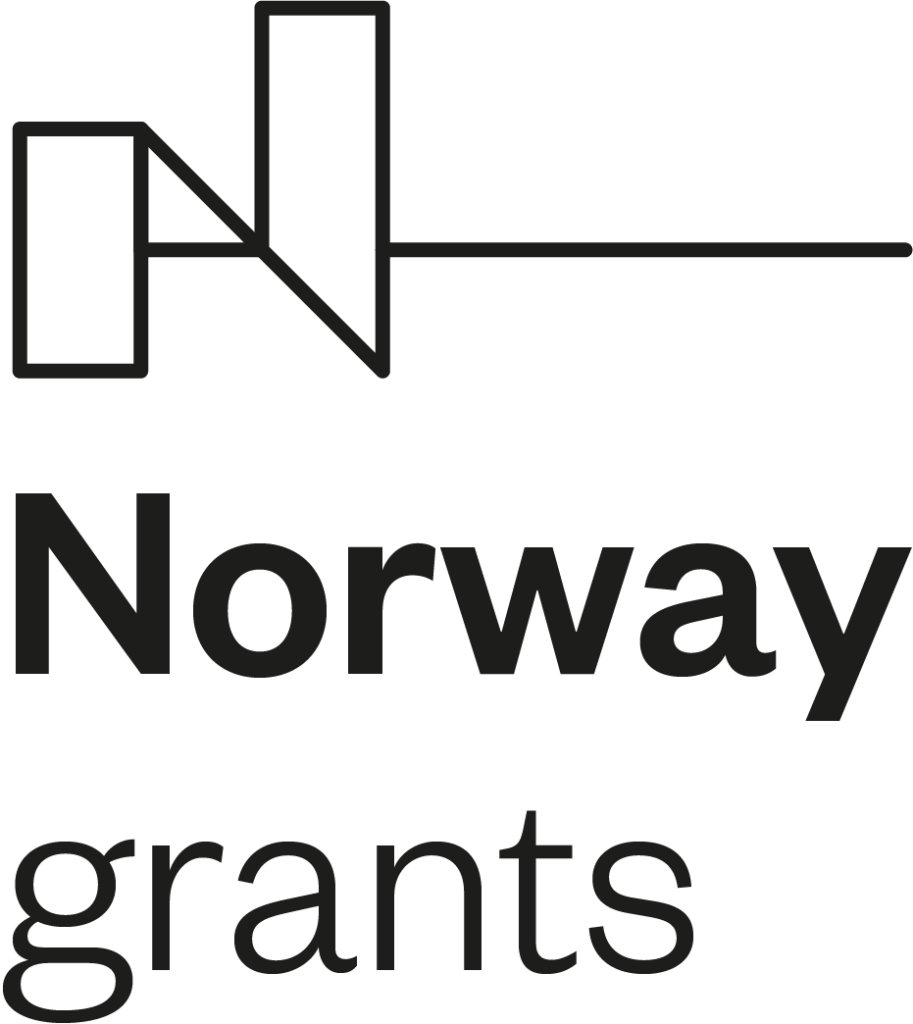PROJECT TITLE
Advanced hybrid organic-inorganic nanofibers for CO2 capture and photocatalysis
PROJECT CODE
TO01000329
GRANT
Norway Grants and TA CR
Funding: 51 679 810 CZK
About the project:
Carbon capture and storage (CCS) and utilization (CCU) are among the most urgent technologies needed to tackle the climate change and establish a carbon-neutral circular economies. The project METAMORPH will overcome limitations of current solutions by simultaneous carbon capture and photocatalysis. CO2 permeable polymeric membranes (UJEP) will be combined with the state-of-the are CO2 capture materials (UCT) and CO2 photocatalytic materials (SINTEF) into one easily deployable membrane-based system (InoCure). The membranes will then be incorporated into the photoreactors and the effectiveness of the METAMORPH membranes will be tested in simulated industrial settings. Finally, technology’s life-cycle analysis will be performed to ensure scalability and economic feasibility of the METAMORPH.
2021
The project implementation started in 2021. There were fabricated and further tested PAN nanofibers to choose the optimal technology for the preparation of polymer nanofiber membranes, which will be chemically modified for use as CO2 scavengers. Computer modeling based on molecular dynamic simulations was used at this stage. Nanofiber membranes were utilized also for use in newly designed and prototype of a membrane photoreactor. Photocatalytic “slurry” reactor was completed and run, while a photocatalytic membrane reactor will be finished next year. Preparation of carbon-based photocatalytic materials also taken place. This will be used for CO2 conversion followed by their characterization.
2022
The second year of the Metamorph project brought a shift in the development of photocatalytic nanoparticles and a finish of photo reactors. Work was done with commercially available particles based on titanium oxide, but a major breakthrough was achieved in the preparation of nanoparticles based on polyaniline. The photocatalytic activity of the developed nanoparticles, which were incorporated into the membranes, was subsequently tested with promising results. Testing of photo reactors using different wavelengths of light radiation also brought interesting results. The development of nanofibrous membranes and composite materials will continue in the next year of project implementation.
Beneficiary and project partners:
InoCure s.r.o.
SINTEF AS
Univerzita Jana Evangelisty Purkyně v Ústí nad Labem
Vysoká škola chemicko-technologická v Praze
České vysoké učení technické v Praze – Univerzitní centrum energeticky efektivních budov

The METAMORPH project benefits from a € 2 mil. grant from Norway Grants and Technology Agency of the Czech Republic. The project is carried out under the KAPPA funding programme for applied research, experimental development and innovation, managed by the Technology Agency of the Czech Republic.
